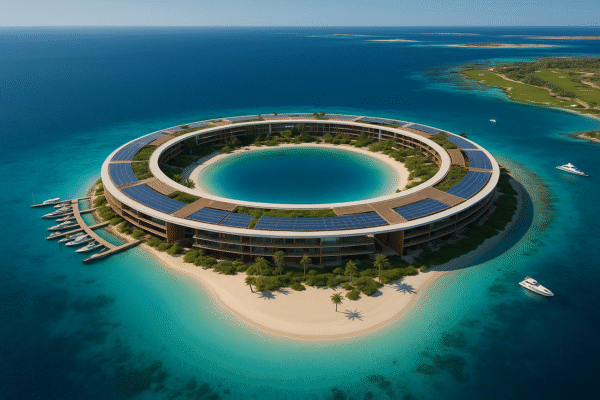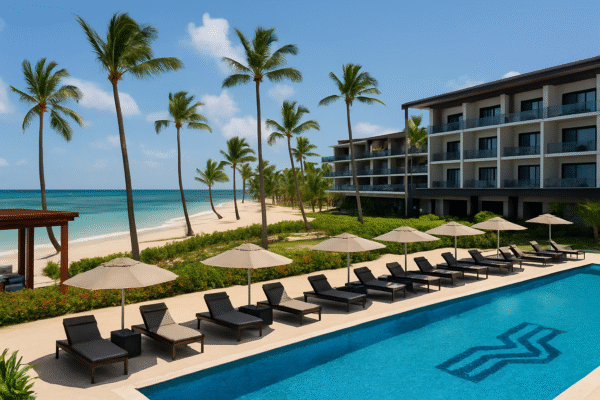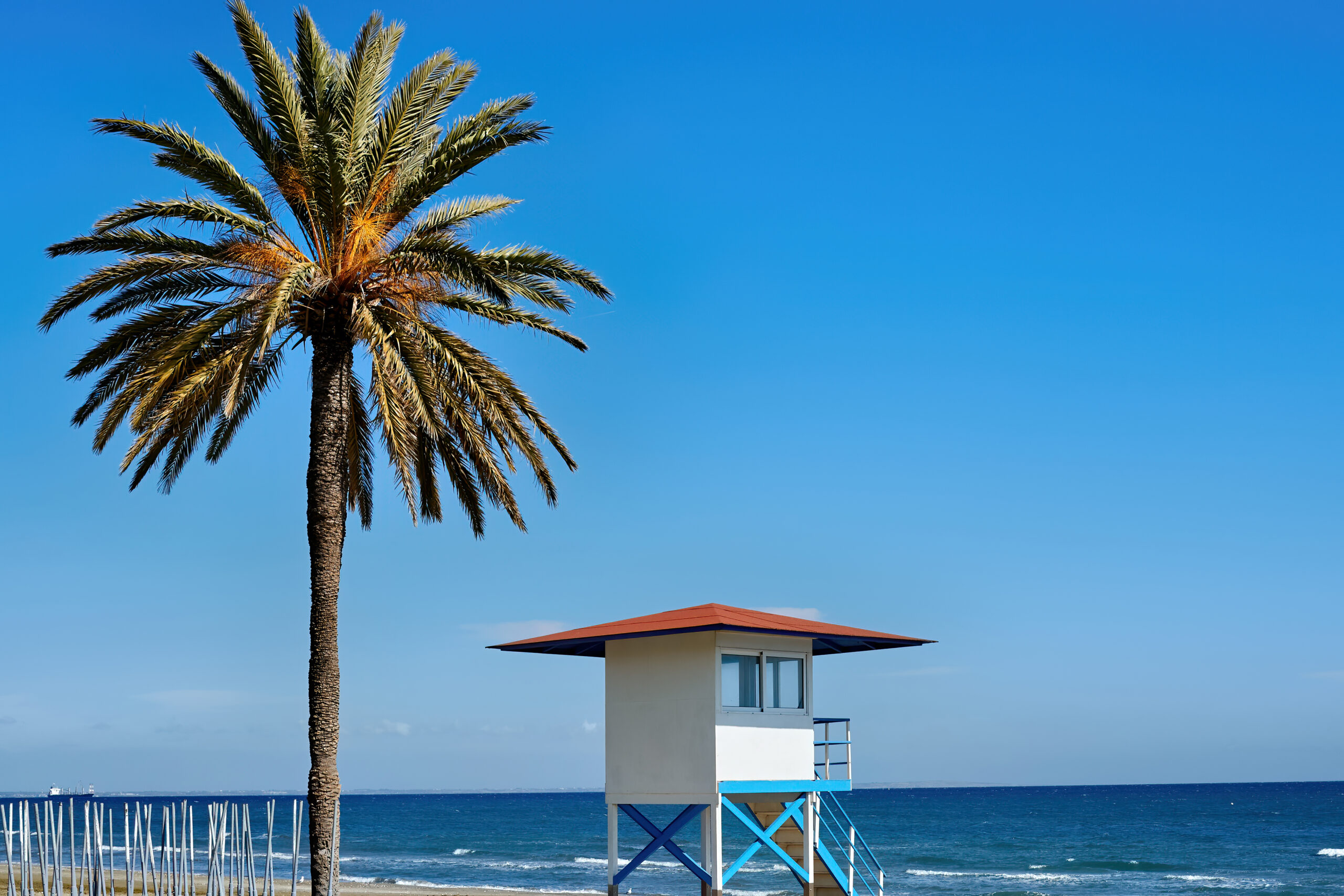Cannes, France — The iconic coastal city of Cannes, celebrated for its prestigious film festival and elite Mediterranean appeal, is preparing to enforce a new set of cruise ship regulations by 2026. In a move aimed at preserving the city’s charm and minimizing environmental impact, the Cannes City Council has announced sweeping changes to its cruise tourism policy, including a ban on vessels carrying over 1,000 passengers and a daily cap of 6,000 cruise visitors allowed to disembark.
The new guidelines are designed to address rising concerns around over-tourism, pollution, and the strain on urban infrastructure. These measures align with a growing trend among Mediterranean ports that are adopting sustainable tourism practices to protect fragile ecosystems and historic urban centers.
Cruise Ship Size Limits and Daily Visitor Cap
Starting in 2026, cruise ships exceeding 1,000 passengers will no longer be permitted to dock directly in Cannes. Instead, these larger vessels will be required to anchor offshore, with passengers transported to land via smaller tenders. While this method already applies to some large ships due to port limitations, it will now become standard policy for vessels above the size threshold.
Additionally, the city will enforce a daily limit of 6,000 cruise passengers, a move intended to curb overcrowding during peak tourist seasons and ensure a more manageable flow of visitors. The Cannes City Council described the strategy as “less numerous, less big, less polluting, and more aesthetic,” reinforcing its commitment to quality tourism over quantity.
A Balancing Act Between Economy and Environment
Cruise tourism has played a significant role in Cannes’ economy, drawing over 300,000 cruise passengers annually, or nearly 10% of the city’s total visitor count. Popular cruise lines such as MSC Cruises, Royal Caribbean, Norwegian Cruise Line, and Virgin Voyages frequently include Cannes on their Mediterranean itineraries, supporting local businesses through shore excursions, retail, and dining.
However, the exponential growth in cruise traffic has raised alarms about pollution, waste generation, and congestion—factors that threaten both the environment and the city’s reputation as a luxurious, tranquil getaway.
With the new rules, Cannes aims to safeguard its cultural and natural assets, while still welcoming cruise passengers in a more regulated and sustainable manner. By preserving the exclusivity and elegance that define the French Riviera, the city is reinforcing its identity as a premium travel destination.
Preserving the Character of the French Riviera
Cannes has long been known for its sandy beaches, historic Le Suquet old town, upscale boutiques, and five-star resorts. As cruise tourism surged in recent years, many locals and business owners voiced concerns about how mass tourism could undermine the city’s refined ambiance.
The new regulations are designed not only to manage visitor flow but also to protect the city’s aesthetic integrity and enhance the quality of the tourist experience. The daily passenger cap is expected to reduce overcrowding at key attractions and allow visitors a more relaxed, enjoyable experience—true to Cannes’ luxurious reputation.
Aligning with Regional Sustainability Trends
Cannes is not alone in this shift toward sustainable tourism. Other French Riviera cities, including Nice and Villefranche-sur-Mer, have already enacted similar policies. Nice allows only vessels carrying fewer than 450 passengers to dock at its port, while larger ships up to 2,500 passengers are required to anchor offshore.
These coordinated efforts across the region aim to distribute cruise traffic more evenly while reducing the environmental footprint of maritime tourism. The shared goal is to preserve the appeal of the Riviera as a world-class destination without sacrificing its natural beauty or urban charm.
Global Momentum Toward Cruise Regulation
Beyond France, other European destinations have implemented or are exploring similar restrictions:
- Venice, Italy banned cruise ships over 25,000 gross tons from entering the historic Giudecca Canal, redirecting them to Marghera.
- Barcelona has imposed limitations on cruise port use to manage visitor numbers and pollution.
- Amsterdam plans to phase out cruise ship docking by 2035, citing environmental and urban planning concerns.
Cannes’ policy is part of this broader global tourism recalibration, where destinations are rethinking their relationship with cruise tourism in the face of climate change, coastal preservation, and urban sustainability.
Implications for Cruise Lines and Travelers
The new rules will prompt cruise operators to adapt their itineraries and ship deployments. Lines may begin favoring smaller, more eco-efficient vessels or consider integrating alternative ports to maintain access to the French Riviera.
For travelers, the changes may shift how they experience Cannes. Smaller group excursions and tender-based arrivals will likely become the norm. However, these adjustments could enhance the overall visitor experience by reducing congestion and allowing for more authentic, intimate interactions with the destination.
Additionally, travelers seeking eco-friendly options may increasingly prioritize cruise lines and ports that demonstrate a commitment to sustainability—further influencing industry practices.
Looking Ahead: A Model for Responsible Tourism
The forthcoming 2026 cruise ship restrictions mark a turning point in Cannes’ tourism strategy, reflecting a forward-thinking approach that values long-term preservation over short-term gain. As the city prepares to implement these measures, it sends a clear message: luxury and sustainability are not mutually exclusive.
By controlling visitor numbers and minimizing the impact of large cruise vessels, Cannes is setting a new standard for responsible tourism on the French Riviera. It’s a move that not only protects the environment and local way of life but also enhances the very appeal that draws visitors from around the world.
With this bold step, Cannes is helping shape the future of Mediterranean cruise tourism, offering a sustainable model that other coastal cities may soon follow.
For more travel news like this, keep reading Global Travel Wire















